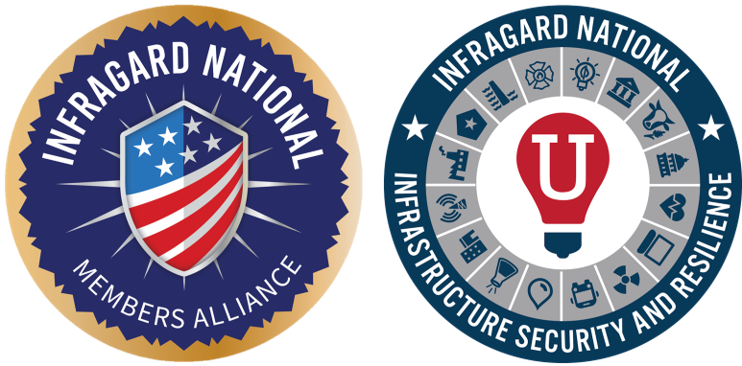Workshop Wednesdays

- This event has passed.
Critical Infrastructure Protection: Why Should I Care?
March 23, 2022 @ 8:00 am - 10:00 am EDT
$39Would you care if you could not use your cell phone or have access to the Internet? Would you care if you had no electricity or your car did not operate or if the trucks were all stopped and could not restock the grocery stores? In our world today these are real possibilities!
We know you would care. How can you and your organization be resilient and prepared? Knowing about little-discussed threats to our critical infrastructure is an important first step and then how to be more resilient and prepared.
The threats to the critical infrastructure fall into physical, cyber, natural, and electromagnetic categories. We all need to understand all four to protect ourselves and our nation. During the workshop, you will learn of the various threats. We have seen in the last two years that transportation is vital; consequently, it will be used to see the results of the four types of threats. Suggestions of actions of you and your organization will be discussed and your questions answered.
Learning Outcomes/Objectives
At the end of the Workshop the attendees will:
- Know about additional threats to Critical Infrastructure
- Tie Cyber, weather, and Transportation to these additional threats
- Have specific actions that they can take for themselves and for their organizations to be more resilient
Presenter Details
Mary D. Lasky is the Chairman of the InfraGard National Disaster Resilience Council (NDRC), a member of the InfraGard Board, and chair of the Cross-Sector Councils. She is the lead editor and author of “Powering Through Building Critical Infrastructure Resilience (2021)” looking at threats, impacts, consequences, and preventative measures organizations can take for long term power outages and “Powering Through: From Fragile Infrastructure to Community Resilience (2016)” an action guide on being prepared if there is a grid failure. Mary is a Certified Business Continuity Professional (CBCP). She is on the Foundation for Resilient Societies Board of Directors. Mary is serving on the NARUC Emergency Preparedness, Recovery, and Resiliency Task Force and it Black Sky Subcommittee.
Michael Lambert is an Emergency Preparedness/Homeland Security Planner for the Houston-Galveston Area Council of Governments (H-GAC) where he is responsible for, among other things, assisting jurisdictional leaders in a thirteen-county region with developing disaster preparedness; response; and recovery plans and capabilities for a wide-range of threats including terrorist attacks. Michael is a member of the FBI/InfraGard National Disaster Resiliency Council (NDRC) and is a founding member of NDRC’s Water Security Work Group. He is also a member of the national Secure the Grid Coalition as well as the Global Resilience Commission.
Bruce Churchill is a 7-year Past President of the InfraGard San Diego Members Alliance, serving in that capacity from 2007 to 2014. He is currently the Pacific Region Representative and the National Transportation Sector Chief for the InfraGard National Members Alliance. Bruce is also on the Advisory Board as the Critical Infrastructure Sector Chief Coordinator for the InfraGard San Diego Members Alliance and a contributing author for the InfraGard National Disaster Resilience Council’s Second Edition of Powering Through: Building Critical Infrastructure Resilience. Bruce’s 25-year Navy experience included assignments as Commanding Officer of the USS Kansas City (AOR-3), Executive Officer of the USS Constellation (CV-64), Program Manager Chief of Naval Operations Staff, Professor of Naval Operations at the Naval War College, and Executive Officer and Commanding Officer of Air Antisubmarine Squadron 33 embarked on the USS Kitty Hawk (CV-63).
Stephen Volandt serves as Vice-Chair, InfraGard National Disaster Resilience Council. A former US Marine Corps reserve officer, he has worked in numerous corporate, governmental, and national security roles involving IT and infrastructure project portfolios as large as $1B+. He is a proven leader, entrepreneur and problem solver who delivers client and C-Suite priorities via the portfolio of policy, risk management, process, end-users, customers, contracting, continuous improvement, underlying technology, data, infrastructure, finance, and supply chains.
